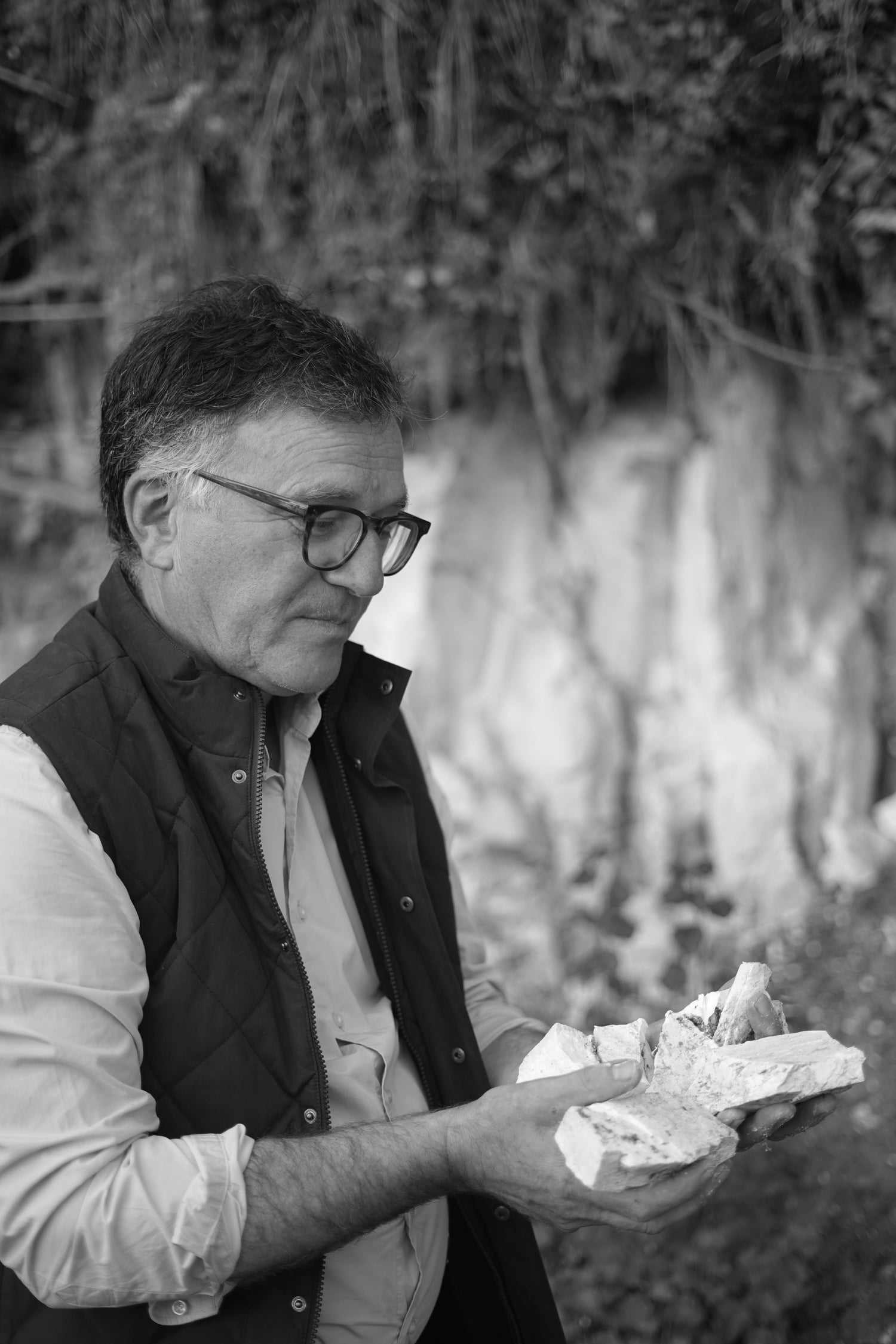Natura Nostra
Maison Saint-Sauveur's commitment to preserving nature is present at the very heart of our winemaking spirit. Indeed, our know-how is intrinsically linked to the stability of the heritage represented by Champagne's biodiversity. The latter is at the origin of the wealth of expressions in terms of terroirs, flavors and tastes necessary for the development of our wines.
Therefore, in the face of contemporary environmental challenges, Maison Princesse de Clèves has for the past fifteen years reconnected with its historic wine-growing and artisanal practices, which are certainly the most responsible and virtuous possible.
Glaring changes are already identifiable, as evidenced by the increasingly earlier harvests on average, but also by the bad weather of this last year: frost, prolonged and dangerous precipitation for the vines.
Concerning the year 2024, if this harvest on the eve of autumn invites us more than ever to perpetuate the work of our ancestors, who since the founding of our House in 1886 were accustomed to late harvests, it also invites us to innovate to better protect the vines of the property against climatic hazards.
From then on, champagne became increasingly difficult to produce.
In this desire to preserve the twenty hectares constituting the estate, we are already committed to the protection of our soils, aware that this is the heritage of our future generations; and for this reason we stopped using inputs in 2008, with the aim of respecting health and the environment.
The Sustainable Viticulture certification attests to our concrete commitment. More broadly, we assert our unique approach to biodynamics, where the living is above all protected and listened to. 
The House therefore uses biocontrol techniques to protect the vineyard from certain pests, such as sexual confusion on all plots.
to combat grape worms (eudémis and cochylis). Weeding is done manually for historic plots such as Clos des Moines and Vieilles Vignes des Bouveries, and is done mechanically for a large part of the estate; always without chemical input.

